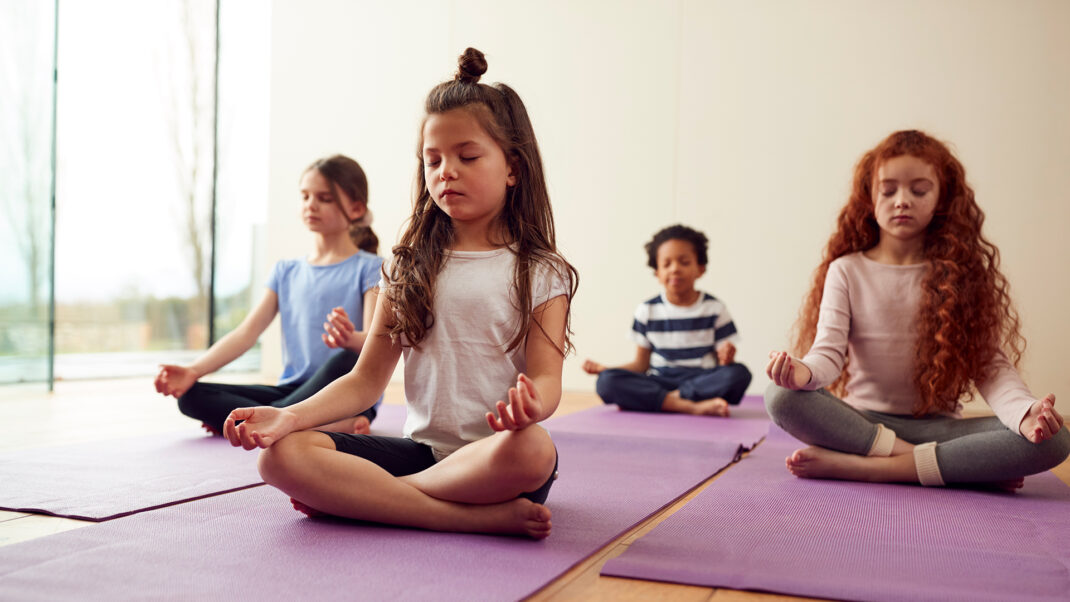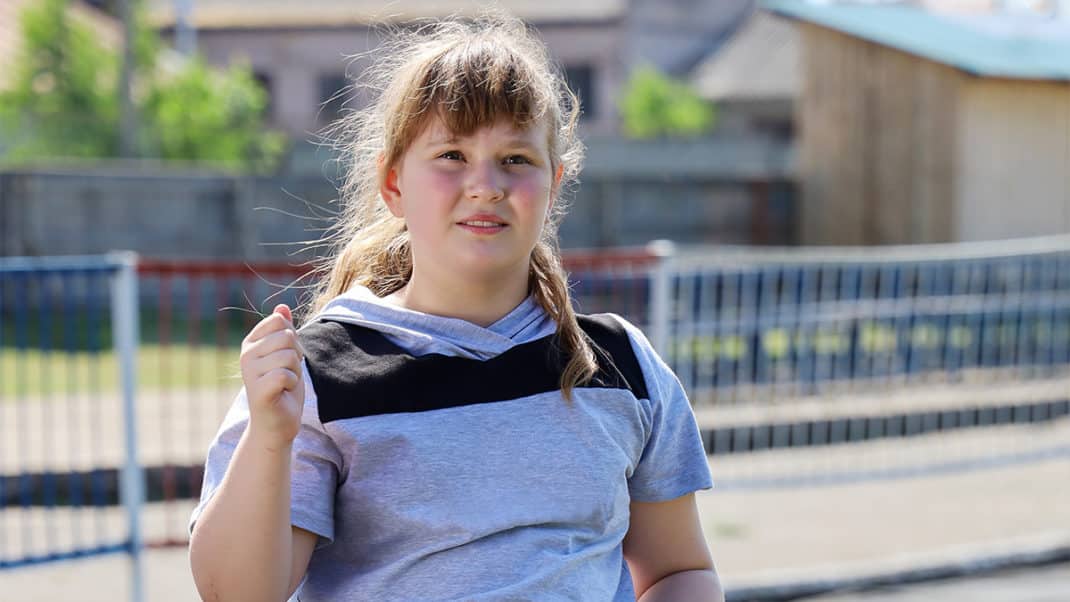Exercise Eases Anger in Kids
There's a healthy way to help reduce anger expression in healthy, overweight children.

Updated 5/4/21
Although research continues to emerge regarding the many mental and emotional benefits of exercise, much of it focuses only on adults. Kids’ anger can feel hard to manage, but there is an answer. A study published in Pediatric Exercise Science (2008; 20[4], 390–401) has determined that structured exercise may help reduce anger in kids, specifically in healthy, overweight children.
The study on exercise and anger included 208 sedentary 7- to 11-year-olds who either participated in a 10- to 15-week after-school cardiovascular exercise program or remained inactive. The children were required to complete the Pediatric Anger Expression Scale prior to and upon completion of the intervention. The scale assesses anger expressions such as slamming doors and hitting. According to the study authors, there is a direct link between exercise and anger management.
The study showed that the children involved in the cardiovascular exercise program reduced overall anger expression compared with the inactive group. “Exercise had a significant impact on anger expression in children,” stated study author Catherine Davis, clinical health psychologist in the Medical College of Georgia School of Medicine, in a press release. “This finding indicates that [cardiovascular] exercise may be an effective strategy to help overweight kids reduce anger expression and aggressive behavior.”
Healthy Alternatives for Kids Anger Management
IDEA member and kids’ fitness advocate Sam Upton believes that the commitment to regular exercise and anger management must become a family affair. He says that change starts at home with gradual modifications to the weekly routine. Instead of 3 hours of television per day, Upton suggests limiting tube time to 4 hours per week.
Upton also advises that the family eat meals together, and not in front of the TV. Eating while watching television “only leads to an unfocused, speedy and distracted meal, which leads to the never-ending feeling of not being satiated,” he says. Upton has found that parents who are active produce active kids. “Get outside,” he suggests. “It’s amazing what you can do with just a basketball, football, Frisbee® or soccer ball.” But he also urges parents to be supportive of their children without being overbearing and demanding. “Among other things, kids’ aggression comes from immense pressure from parents, lack of self-worth and lack of purpose.”
Check out Kids in Motion Stay in Motion and Training Kids and Adolescents to learn more about how to improve kids’ fitness:
Ryan Halvorson
Ryan Halvorson is an award-winning writer and editor, and IDEA's director of event programming.





